The Charged Politics of Sports Games is a Reminder That We Can Always Choose to Say Something
Lex cannot stop thinking about the inherent and often confused politics of sports games, and tries to reckon with whether we can afford to let the perfect get in the way of the good at the moment.
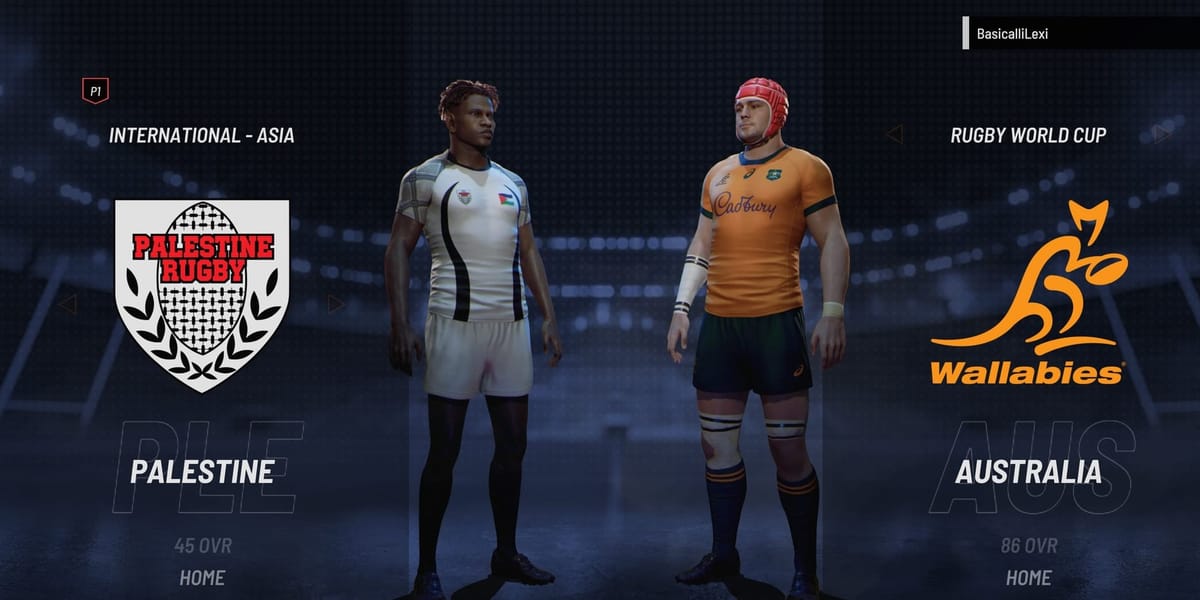
There is a rule in film production: never show a map on screen. Doesn't matter if it's in the foreground, background or if a plane is flying across it with little red lines connecting landing points. That’s because whenever you draw a map, you also draw borders, and there are very few things as nebulous, ever-shifting, and hotly contested as borders. Showing a map on screen is a good way to get people mad at you, be it because you attributed ownership of the South China Sea to one of the half dozen claimants and pissed everyone off, or you inadvertently acknowledged the statehood of Taiwan.
It's a coward's rule.

It's a way for filmmakers to shirk the responsibility that art has to make a statement on reality. If you aren’t willing to say what countries exist, what people and cultures deserve to be recognised as independent rights holders, why should I, the viewer, give a shit about what you have to say about anything?
The most common way to get around all this pesky “actually taking a stand on real-life politics” is to carve out a section of real-life country to insert Fakelandia on the map. Some countries and governments might get a bit peeved at you relabeling a peninsula or giving them a new neighbour that acts and appears shockingly similar to them. They might even ban your movie. But who cares, it's not like art means anything. As long as not too many people are yelling at you, it's probably fine.
For years, the games industry has looked to Hollywood for direction on how best to present itself to the world. It’s a pretty understandable reference point as one of the other biggest art forms that ostensibly relies on a screen to be viewed. Countless times over the years, games have sought to fashion themselves after movies in some desperate ploy to mimic an art form with a more established sense of legitimacy. Since ET, the game industry has been licensing the stories and iconography of movies to appear more contemporary with the well-established form of film. Game development even adapted and retooled most of the titles and vocabulary used by film crews, labelling creatives, directors, producers, designers, etc. Hell, while games have taken a recent and extreme dive into reproducing cinematic stylings (see Sony’s first-party games), Hideo Kojima and others have spent almost four decades trying to make games that look like movies.

What I am saying is that movies, and the established wisdom around making them, have rubbed off on games quite a bit over the years. One of the more notable ways is in the game’s approach to maps, or well… wars. How many games have you played where fake countries and fake factions have been pitted against “The Good Guys” (usually America), all depicted with a variety of nebulously foreign accents so as not to upset any one group? From Call of Duty to Tom Clancy, Metal Gear to Far Cry, and Tropico to Resident Evil. All these games have invented a people, a culture, and sometimes a landmass, when saying who they really mean might get them in a little too much hot water. From Zanzibar Land to Yara, video games are littered with almost as many fake borders as the ones we tell ourselves mean something.
However, there is one genre that can’t deploy this cute trick. People play these games precisely because they do include real-world countries, they allow them to compete and fight, and win against other real-world countries. As a result, they are forced to make qualitative statements on what is and isn’t a country. Sports simulation games.
Nobody wants to play a football game with fake countries. Hell, people get annoyed when developers don’t shell out naming rights for stadiums, local teams, and player likenesses. Sports games, by their very nature, are deeply nationalistic. People fight over teams’ (and countries’) ratings with each new release, and often fan-demanded campaigns are usually about bringing your team to the top of national and/or international rankings. But what’s more, they act like a map.

Almost every sports game has a list of teams you can pick between at the start of the match, and every list has to be broken down into categories to make them manageable for a player to navigate. In the case of Rugby 25 (a game I do not like and do not recommend), that means splitting the included teams into lists sorted by things like “What league are they in?” or “Did they qualify for the last World Cup?”, but most notably, Rugby 25 also has lists for wider regions. Here’s a list of every European national team, every South American, North American, African, Asian Oceanian national team. They are all national teams. Nations.
Included in Rugby 25’s list of Asian-based national teams is Palestine. Yes, Palestine has a rugby team; you can follow them on Instagram. And right there, alongside dozens of other countries, countries recognised as states by World Rugby, the EU, UN, NATO, the US, and the rest of the globe, is the Palestine National Rugby team. It might sound strange, but it is a huge political statement. Palestine is just as much of a country in the eyes of Rugby 25 and the developers at Big Ant as Ireland, England, the US, and more.
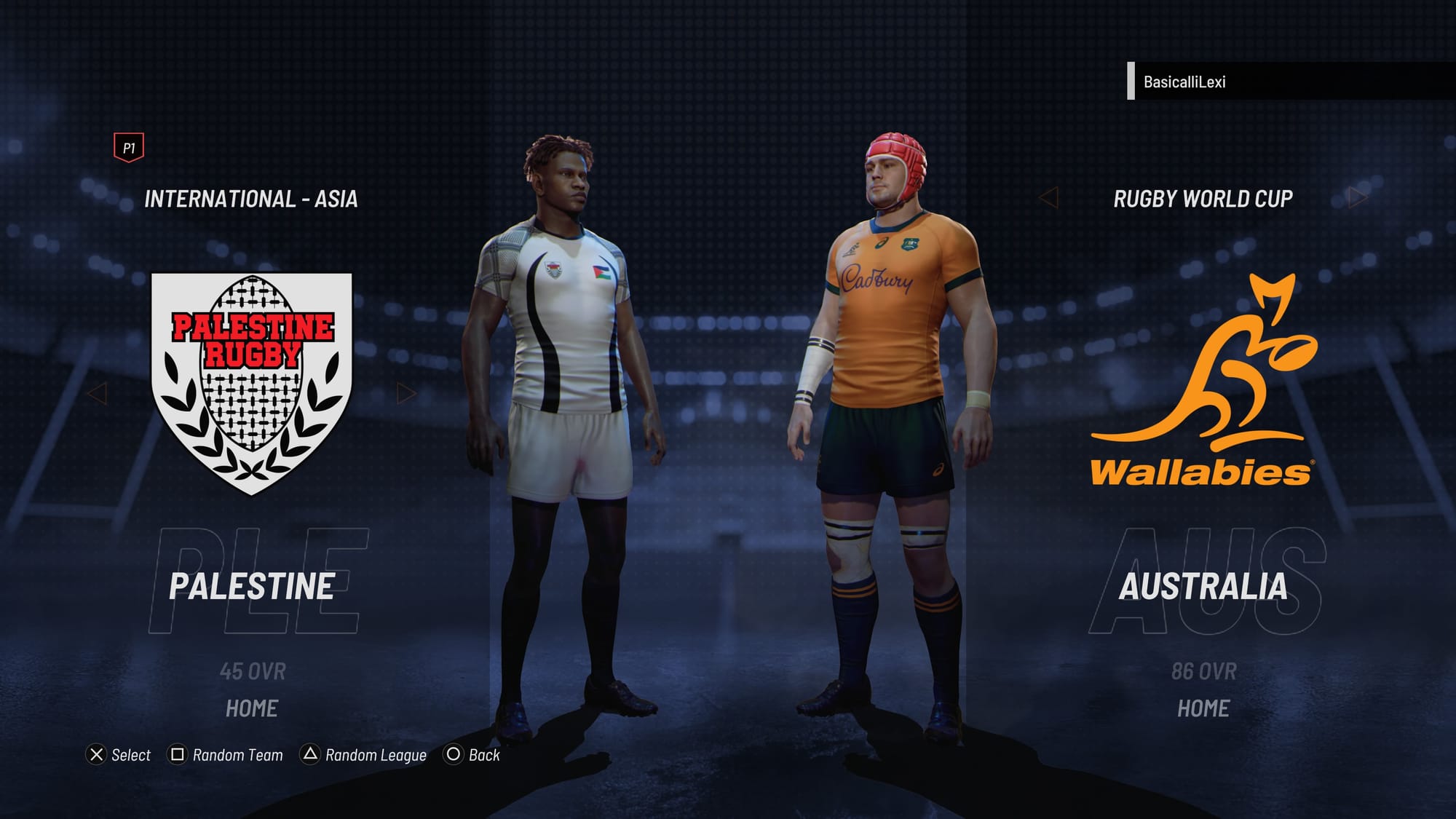
Acknowledging Palestine’s existence is not a given. People in several countries have been arrested for peacefully protesting Israel’s ongoing genocide and proclaiming that the people of Palestine exist and are therefore deserving of human rights. In the context of a world like that, where Palestine doesn’t have a team in EA Football FC (despite having played friendlies against an Irish club team this year), acknowledgement of Palestine’s statehood by a much smaller game feels big.
This is especially true when World Rugby (the international rugby governing body) doesn’t recognise Palestine itself. The Palestine Men's team has participated in several invitational matches and friendlies across the Middle East and Asia, but has yet to have been ranked by World Rugby. For context, those world rankings include 113 teams, including Hong Kong China and Chinese Taipei, and Israel.
I have been planning on writing this piece for months. Originally, it was going to be a piece calling attention to Rugby 25, celebrating it for its brave stance on this issue. I even contacted Palestine Rugby’s General Secretary, Jamal Abu Farha, who, when asked if he knew that the team had been included in the game, said, “Yes, we were aware of the existence of the Palestinian team in the Rugby 2025 game and were very happy and excited.” From there, I reached out to the PR team for the game’s publisher, Nacon, asking if I could talk to anyone at Big Ant or Nacon about Palestine’s inclusion in the game, to which I was met with a “NACON and Big Ant don't have capacity for interviews right now.”
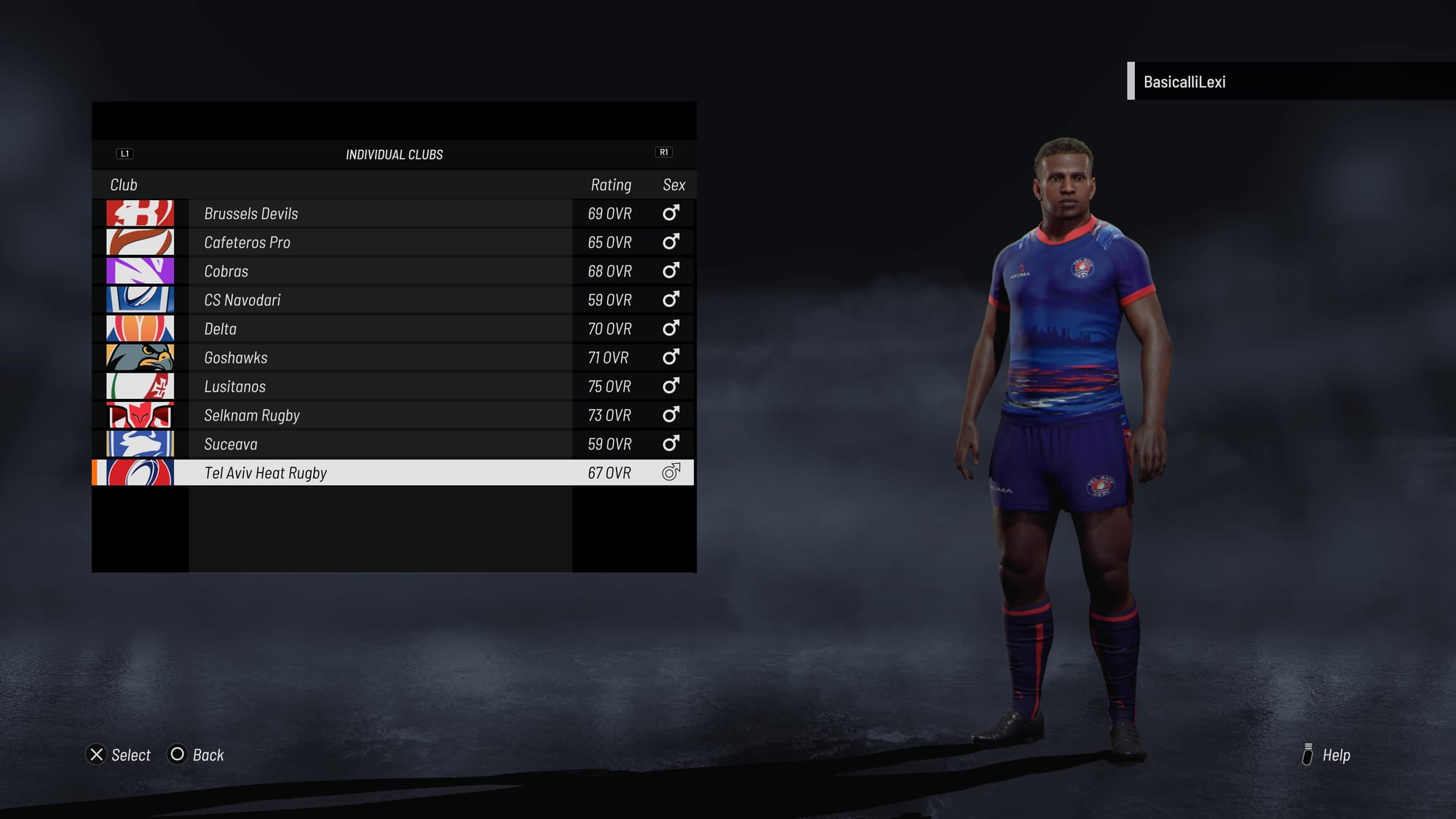
But then I kept digging, for whatever reason, I hadn’t looked through all the club sides in Rugby 25, so again, I loaded up the game and started browsing the club teams unaffiliated with any leagues. Turns out, included in this section was Tel Aviv Heat, Israel’s one and only professional club team. Heat is currently leagueless after, in 2023, its invitation to the African Mzansi Challenge competition was rescinded. Then, in 2024, the team announced it would not be taking part in the Rugby Europe Super Cup (a European super league comprised of teams outside the international URC, UK Premiership, and French leagues) due to “various Logistical elements.”
Suddenly, the idea of this piece became a lot harder to justify; it would be weird to write something celebrating the inclusion and recognition of a country in a video game that also recognised the recently ostracised club team of its oppressor.
The story also became a lot less clean. Yes, the international team for Palestine is included, but so too was Israel’s biggest club side. This was something that raised its own questions, as in the same list of Middle-East teams, Israel (the country, which is ranked by World Rugby) was not included.
As a result of all this, I have sat on this piece for about two months. Unable to decode the politics of Rugby 25. Unsure of what lessons, if any, could be learned.
That was until I redownloaded Rugby 25 again today. It had been a while since I played, and for as much as I don’t enjoy the act of playing that game, I am a big enough rugby fan that I really want it to be good, so I said I would give it another swing. Having not touched the game in about two months, I wanted to see if Big Ant had added any new teams to the game (something that they have done off and on since the game’s release), and I discovered something.
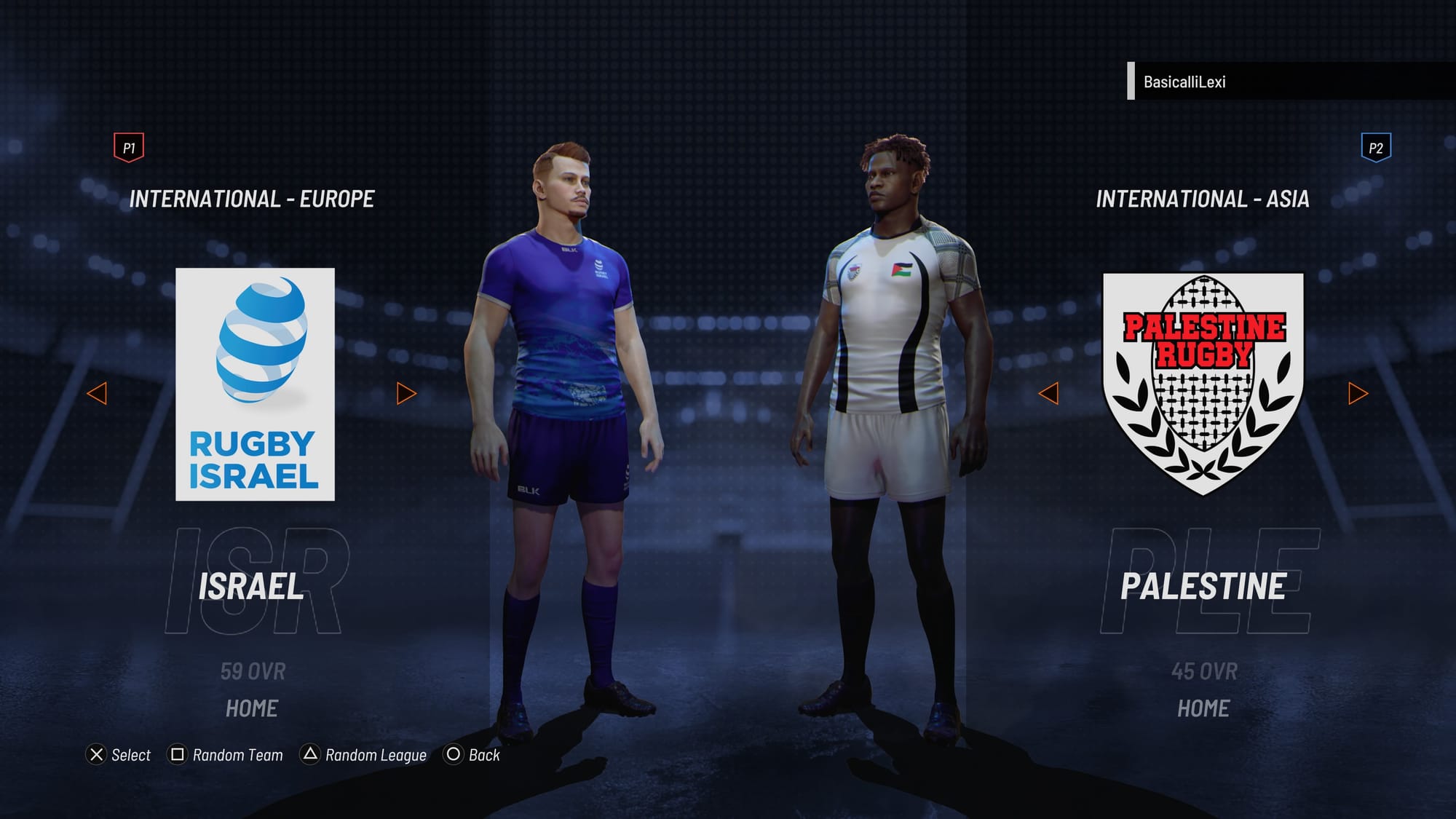
Turns out, while Palestine is included in the list of Asian teams, Israel is in there. It is just in the list of European teams. So, in a something of haze of mild confusion and genuine disgust, I started typing this piece. I am still unsure of what the lesson here is, but certain I would figure something out by the time I got to the final few paragraphs. I haven’t.
I just took five minutes to stretch my legs and inevitably looked at my phone. Scrolling news feeds and being assaulted with visuals of children being starved in the Gaza Strip. These visuals are upsetting, but I truly don’t think people understand how horrifying it is to starve. As someone who lived with an intense eating disorder for years, let me try to describe some of the sensations.
After enough hours of not eating, your body will start to panic. It needs food. It knows that it has none. It will ring every primal alarm bell in your brain to try to get you to go out and get food, even if you know there is none there. You’ll feel this. You’ll generally be on edge and in a constant state of fight or flight.
Then your body starts to make do. It starts breaking down your fat stores. You’ll feel this too. This doesn’t feel like when you’re exercising and burning calories. No, these fat stores are there for a reason; they keep your body’s temperature regulated. You’ll feel the fat being eaten away from your bones as your body tries to find any fuel inside itself to sustain its survival. You’ll start feeling the temperature more and more. The more it gets a little colder, you’ll feel shirtless, and when it gets warmer, your body will struggle to produce sweat, and your skin will feel hot. But no matter how hot you get, on the inside, you’ll always feel cold. Colder than you can imagine, like your bones have been hollowed out and filled with ice. You’ll grow weaker and more tired. At some points, you won’t even feel hungry. You’ll feel empty.
Can you imagine? Can you imagine that happening to you and your loved ones? To children. Can you imagine how confused a young child who cannot speak yet must be feeling these sensations?
All of this is being done because the genocidal state of Israel has deemed the people of Gaza and Palestine as inhuman, undeserving of human rights. And the wider international community has let it happen as they continue to fence sit on whether to recognise Palestine as a country. The people of Palestine as deserving of human rights. Entitled to food and life.
I don’t give a shit that Tel Aviv Heat is Rugby 25, I don’t give a shit that Israel is labelled as a European nation in a gross symbol of First World entitlement and Islamophobia. I care that Palestine is a country, and someone at Big Ant said it. I said it. And you should say it too.
Free Palestine.

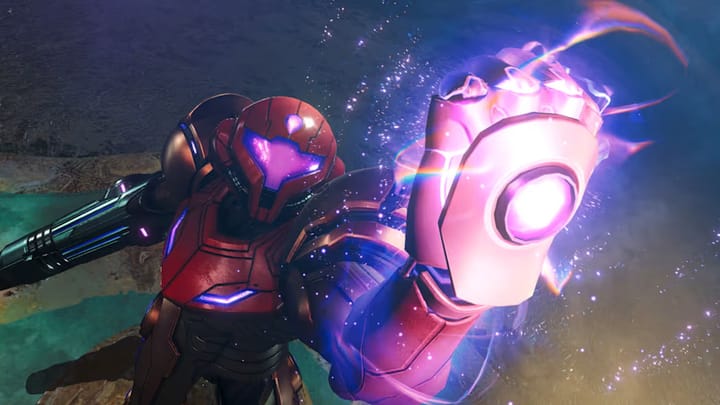
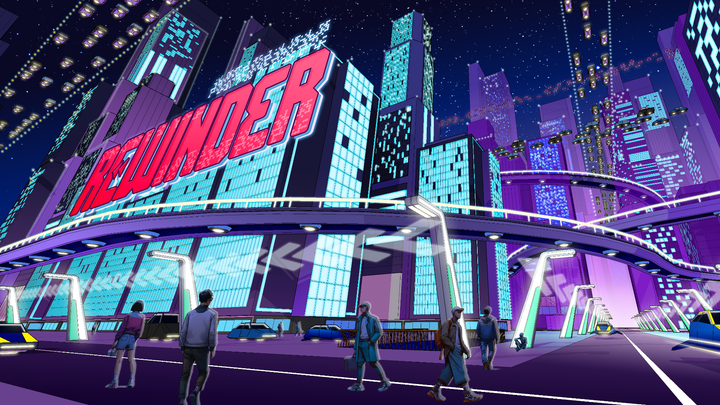
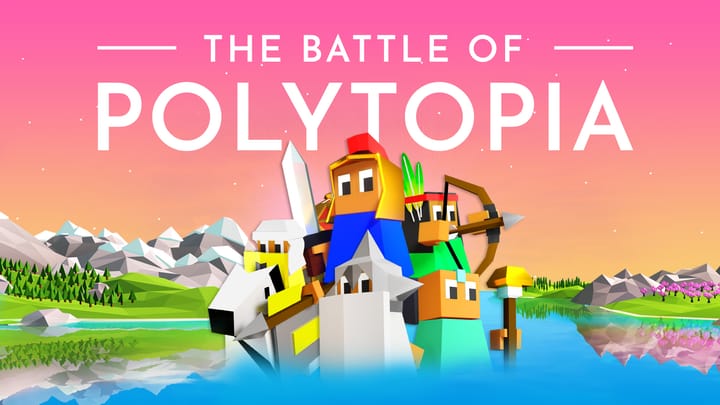
Comments ()